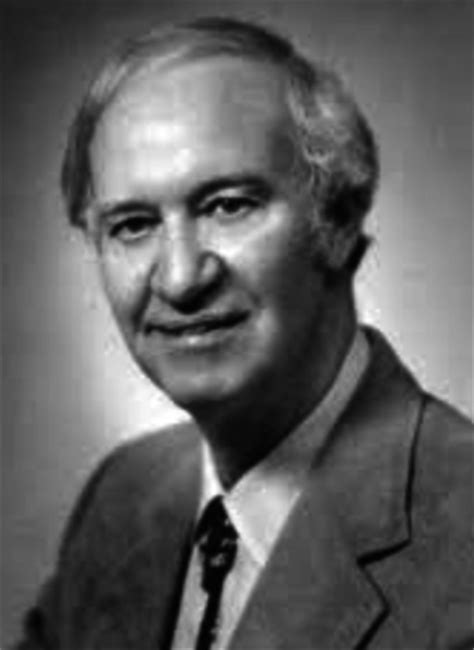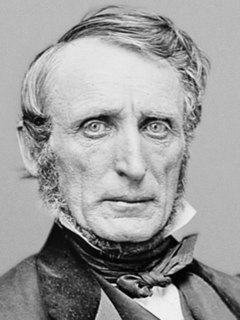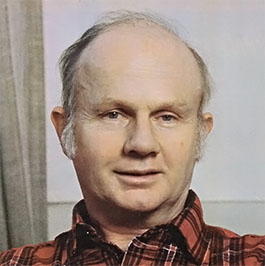A Quote by Malcolm Knowles
We will learn no matter what! Learning is as natural as rest or play. With or without books, inspiring trainers or classrooms, we will manage to learn. Educators can, however, make a difference in what people learn and how well they learn it. If we know why we are learning and if the reason fits our needs as we perceive them, we will learn quickly and deeply.
Related Quotes
What you learn is often determined by what you need to know. If you think you're weak, you will learn that you are strong. If you think you are indestructible, you will learn that you are fragile.
In the end though, you will learn that you are human. You are no more and no less than all those who are learning their lessons as you learn yours.
We are learning all the time - about the world and about ourselves. We learn without knowing that we are learning and we learn without effort every moment of the day. We learn what is interesting to us... and we learn from what makes sense to us, because there is nothing to learn from what confuses us except that it is confusing.
I don't think anybody can teach anybody anything. I think that you learn it, but the young writer that is as I say demon-driven and wants to learn and has got to write, he don't know why, he will learn from almost any source that he finds. He will learn from older people who are not writers, he will learn from writers, but he learns it -- you can't teach it.
I believe that our society's "mistake-phobia" is crippling, a problem that begins in most elementary schools, where we learn to learn what we are taught rather than to form our own goals and to figure out how to achieve them. We are fed with facts and tested and those who make the fewest mistakes are considered to be the smart ones, so we learn that it is embarrassing to not know and to make mistakes. Our education system spends virtually no time on how to learn from mistakes, yet this is critical to real learning.
When a child’s life is full of sights, sounds, tastes, smells, textures, people and places, he will learn. When he feels safe and loved, he will learn. When parents begin to recover from their own ideas of what learning should look like (what they remember from school), then they begin a new life of natural learning, too.
The paradox of the human condition is expressed more in education than elsewhere in human culture, because learning to learn has been and continues to be Homo Sapiens' most formidable evolutionary task... It must also be clear that we will never quite learn how to learn, for since Homo Sapiens is self-changing, and since the more culture changes the faster it changes, man's methods and rate of learning will never quite keep pace with his need to learn.
Success is a learnable skill. You can learn to succeed at anything. If you want to be a great golfer, you can learn how to do it. If you want to be a great piano player, you can learn how to do it. If you want to be truly happy, you can learn how to do it. If you want to be rich, you can learn how to do it. It doesn't matter where you are right now. It doesn't matter where you're starting from. What matters is that you are willing to learn.
You will learn more from your failures than your successes - so embrace those mistakes, as difficult as that sounds, and grow from them. When a project is successful, you're never really sure why, because so many elements come into play. However, when you fail, you always know why. That is how you learn and grow.
When you learn to read and write, it opens up opportunities for you to learn so many other things. When you learn to read, you can then read to learn. And it's the same thing with coding. If you learn to code, you can code to learn. Now some of the things you can learn are sort of obvious. You learn more about how computers work.
































